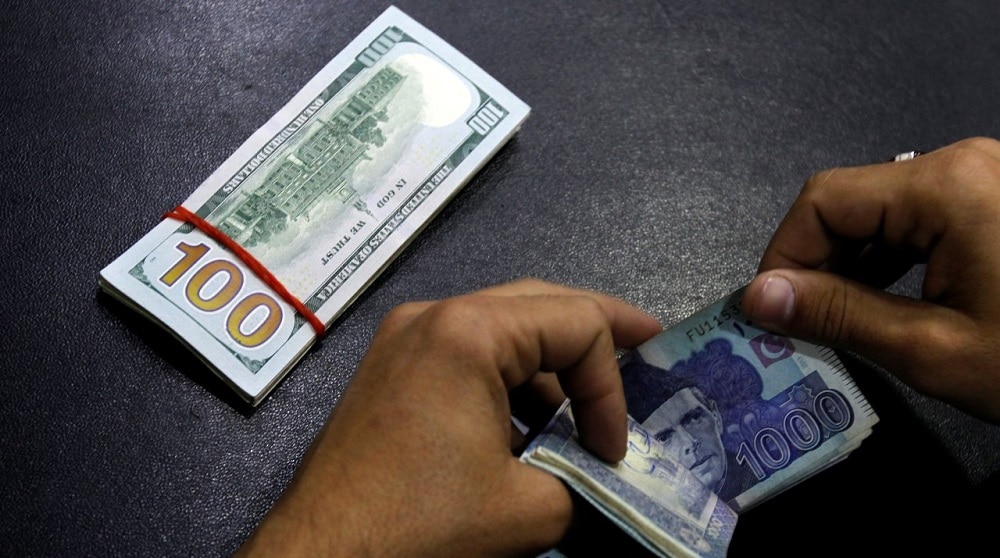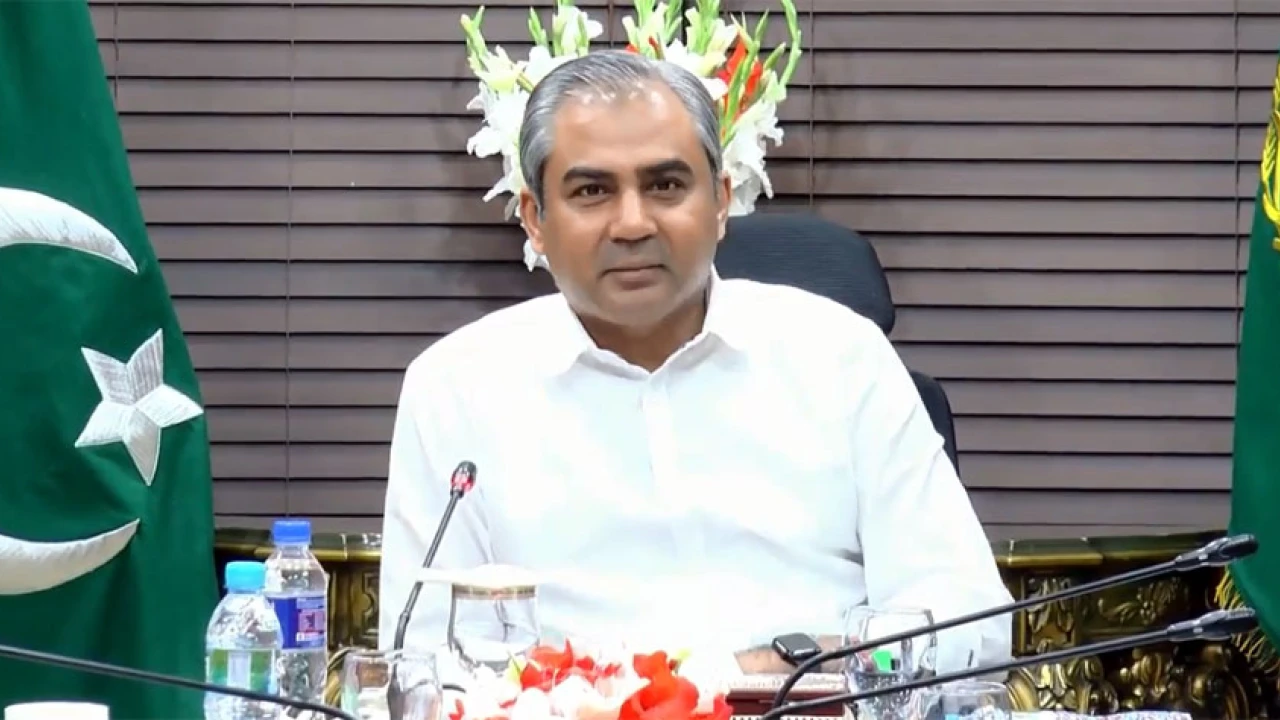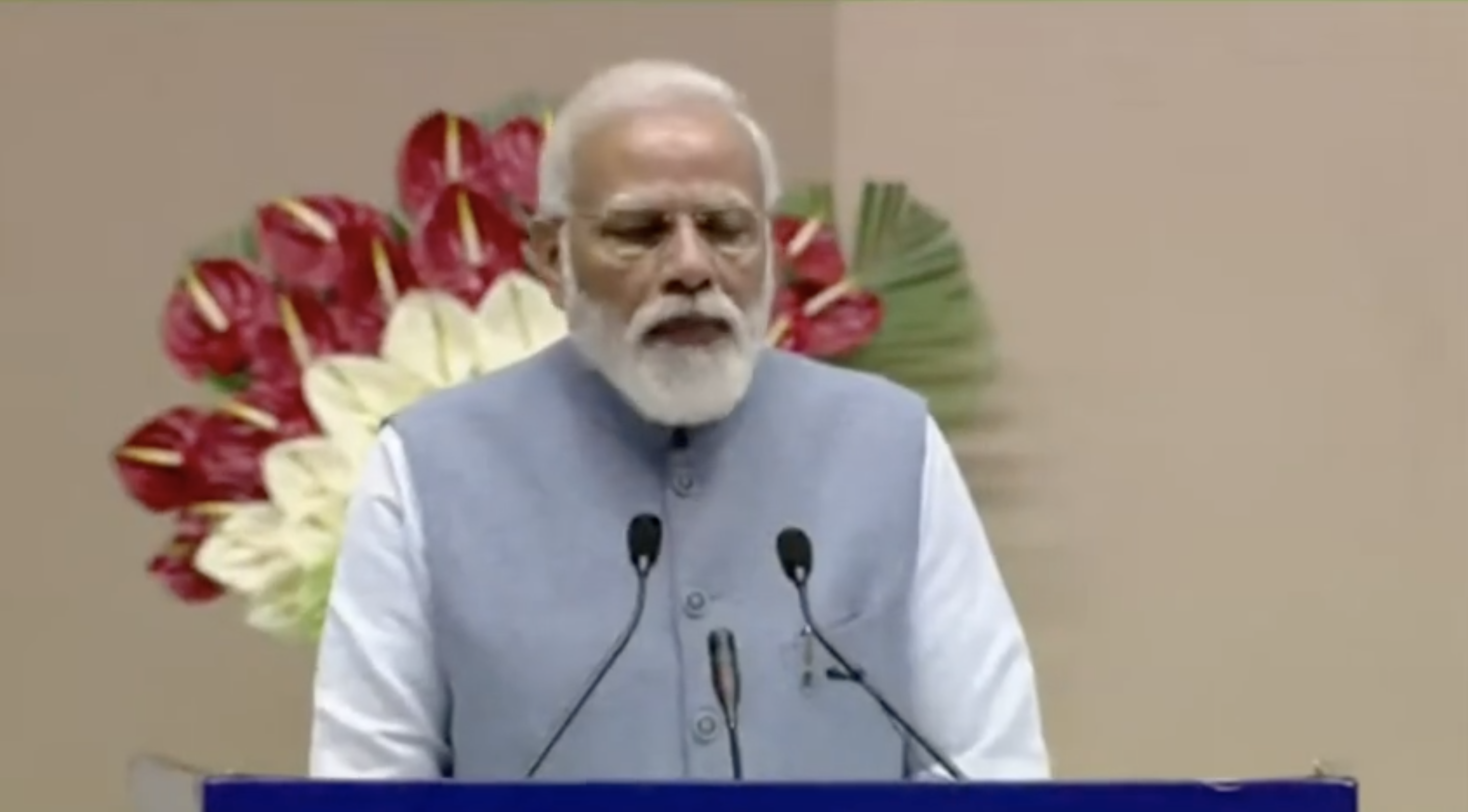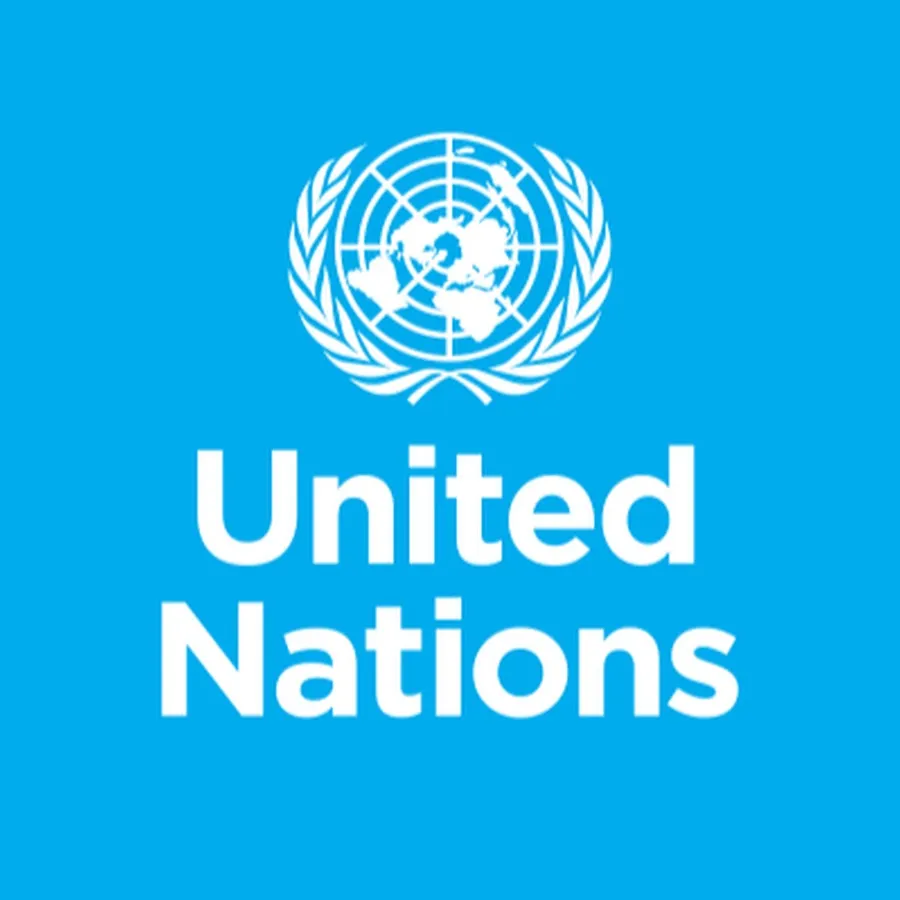It’s not too late for the government and stakeholders to step up and take charge of the situation
It is high time to talk about the state our country has regrettably found itself in. Pakistan, a nation of hope and promise, a home to over 200 million people, is currently undergoing an economic crisis so severe that its effects are permeating every aspect of society, threatening the very foundation of livelihoods and intensifying socio-economic disparities. As the economy continues to weaken, the negative impacts of this crisis are ensnaring the population in its vicious grip, causing common folk and business people alike to experience significant difficulties.
Though the period from 2001 to 2018 saw a significant statistical reduction in poverty, the period ahead of that has been seemingly spiraling ever since. Currently, Pakistan is at an all-time low in foreign reserves, the inflation rate is ever so persistently increasing, and the rupee is suffering devaluation the likes of which it has never seen before.
In fact, compared to five years ago, the international exchange rate of the Pakistani Rupee has gone up by a staggering 147.8%, from Rs115 per US Dollar in May 2018, to Rs285 in May 2023. This has led to a number of consequences affecting millions of people nationwide. Goods have become more expensive, imports are being hampered, and businesses are facing an increasing number of challenges to maintain profitability.
Not only that, but the recession created has deeply impacted the purchasing power of even the common folk. The costs of living have increased, and the prices of food items, fuel, and healthcare seeing a ridiculous high. Individuals have been complaining more and more about the fact that it is becoming increasingly difficult to maintain a balanced budget when they cannot even meet their basic needs.
“It is a terrible time to be a provider in Pakistan,” said Umar Bilal, the sole breadwinner of his home and a father of two, doing his best to sustain his family. “Everything has become so expensive and even making ends meet is a difficult task. You have to think ten times before buying anything. I think this is the first time in my life where I have been compromising quality for quantity and trying to make every rupee count, and it breaks my heart to not be able to do things for my family like I used to.”
Evidently, the situation has created a void of recession where unemployment rates are surging, families are falling to financial instability, and businesses are struggling to remain afloat. It has led to a cycle in which people are spending less money because they are worried about their finances, leading to businesses earning less money, leading to possible laying off of employees, leading to economic stagnation and decline. And due to this decline, instead of new and progressive investments and job opportunities, there is rather a hesitation and reluctance to take part in growing the economy.
Syed Zubair Bokhari, a business owner in the IT sector, weighs in on the matter, talking about the challenges that his business has seen lately.
“Indeed we have budgeting issues due to the devaluation of rupee and inflation. The cost of running business has increased up to 50 percent. The cost of goods up by 40 percent. Increase in electricity charges, petrol and diesel charges, and on top of that load shedding… we need to run generators which turn out to be an expensive affair. Employees are also demanding more salaries to cope with inflation which stands at 40 percent.”
He further goes on to state how the situation has affected future plans and budgeting.
“Current financial position of Pakistan is not stable and potentially heading towards default. Considering all this we have had to hold back our expansion plans and budgets, and directed that fund to cover the cost of inflation to keep the company afloat in this unstable economy.”
It is clear that addressing the economic challenges Pakistan is facing right now has become imperative, lest the country be doomed to decline. A number of steps can be taken by stakeholders, the government, and different institutions towards the aim of providing relief from the crisis.
Policies that incentivize expansionary projects can be promoted to attract new businesses and investors, as well as people looking for employment. Interest rates should be regulated and reduced, so as to encourage small businesses to take steps for growth. Stakeholders should look to support growing businesses, especially on the small and medium scale, as this can help expand new enterprises and stimulate income.
The government should also take steps to cater to the common folk in the country that do not have any safety nets and are suffering due to the state of the economy and recession. Providing people with easier access to healthcare, starting food assistance programs, and offering unemployment compensation are all steps that will certainly lead to more security for the common folk, as these benefits may just be the push that many struggling people require to be able to stand on their own feet.
There is no doubt that the current economic system in Pakistan is in a terrible state of decline, which has led to recession, a baffling devaluation of the rupee, and a time of uncertainty and struggle for millions of people across the country. However, it is not too late for the government and stakeholders to step up and take charge of the situation, taking proactive measures to fight the economic decay and lead Pakistan towards a more stable and prosperous future.
















